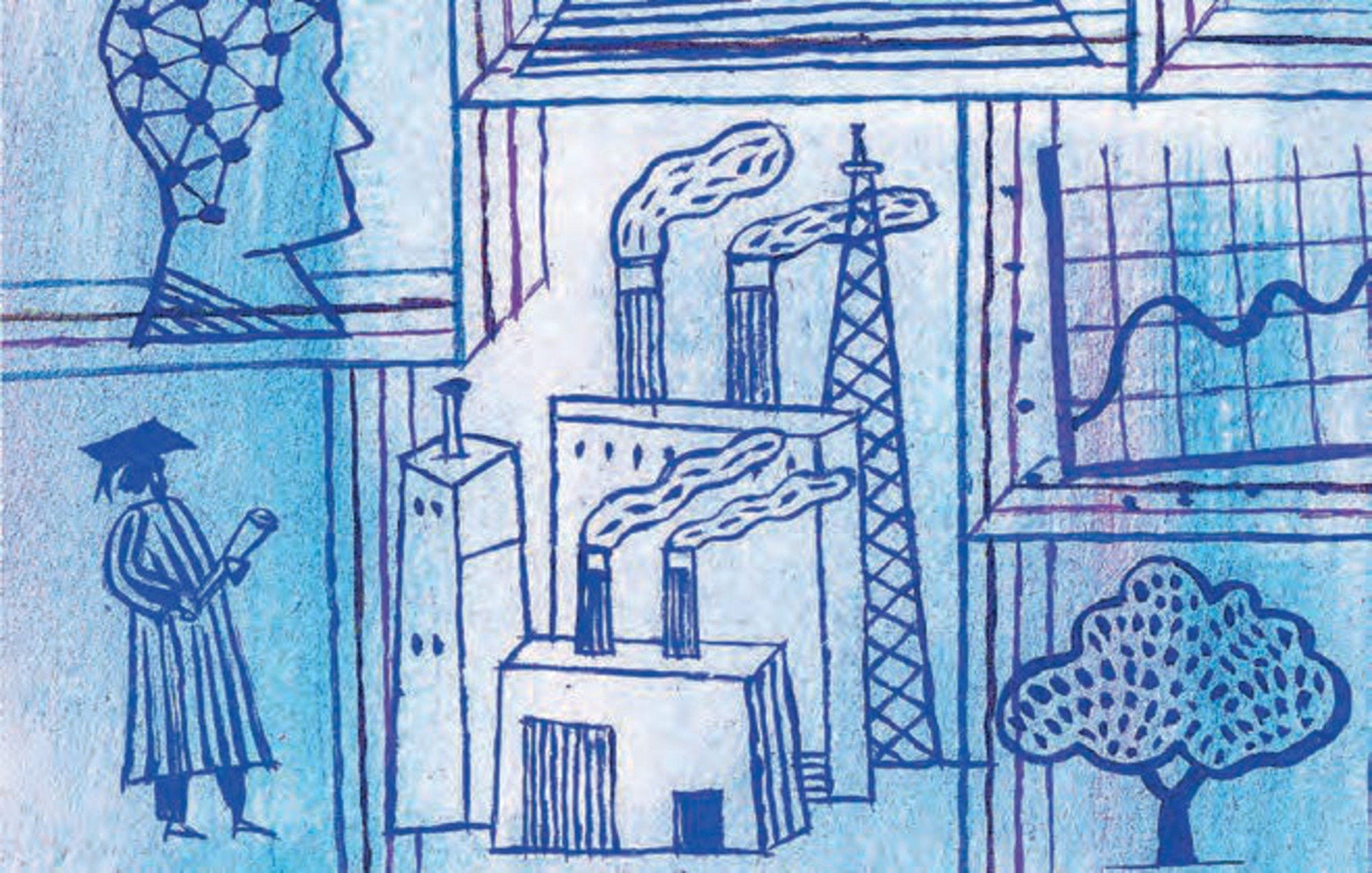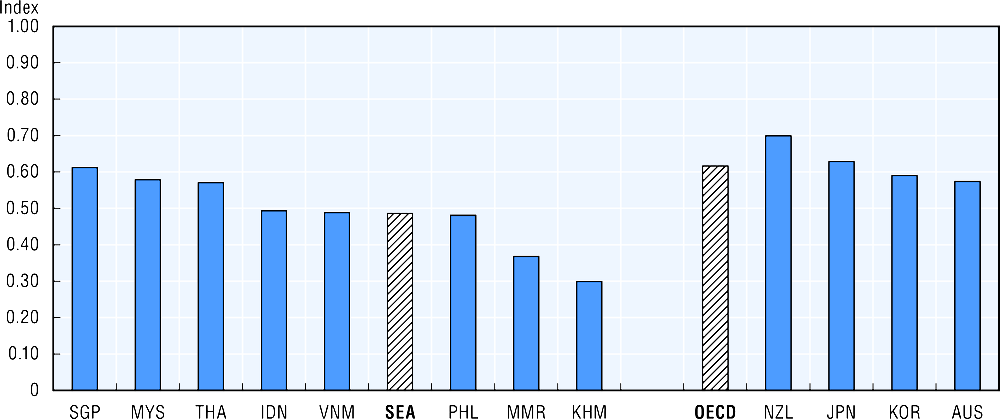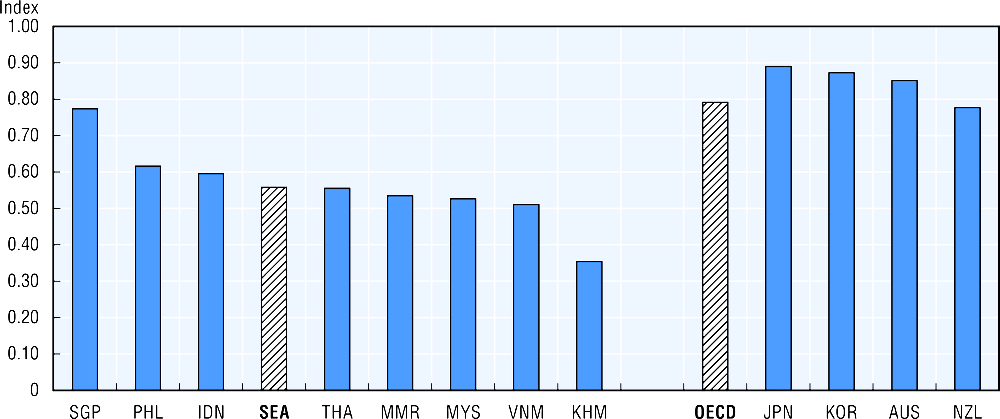Chapter 7 discusses three public service sectors – healthcare, education and justice. The OECD Serving Citizens Framework identifies access, responsiveness, and quality of services as factors that matter most to citizens. For each of these three dimensions, key indicators are presented for the SEA countries where sufficient data are available; this section focuses on access to justice.
Enabling equal access to legal and justice services for all is essential for the proper functioning of the rule of law. Legal and justice services can be assessed – in terms of whether they are people-focused, effective and efficient – by measuring access to financial legal aid, to information on laws and legal procedures and legal and administrative literacy and capability.
Population perception surveys are useful in assessing barriers to accessing legal actions and assistance. However, data should be interpreted with caution, especially in international comparisons, since they are based on a limited number of respondents; can be impacted by cultural biases; and were collected in urban areas only. Improving the quality of evidence on access to justice services from population surveys and administrative data sources is important to foster citizen-centric access to justice. Evidence suggests that unmet legal needs can be costly to individuals, communities and economies.
Civil justice is essential, being the law concerning disputes on issues such as property and personal injury, affecting many citizens. Based on data collected by the World Justice Project in 2017, there is wide variation in SEA countries in terms of accessibility and affordability of civil justice services. Countries with the highest scores are Singapore (0.61), Malaysia (0.58) and Thailand (0.57), while Cambodia (0.30) and Myanmar (0.37) have the lowest. Other SEA countries (Indonesia, Viet Nam and the Philippines) have scores close to the SEA average of 0.49. In Myanmar, citizens who have sought access to justice perceive that the formal justice system favours those with wealth, education and connections (UNDP, 2017). This affects citizens’ perceptions of access to justice, explaining Myanmar’s low score. The OECD average stands at 0.62, higher than the SEA average.
Alternative dispute resolution mechanisms (ADRs) allow disputing parties the opportunity to discuss and settle issues with the help of a neutral third party, affording citizens and businesses considerable time and money savings. Other advantages of ADRs include more flexible agreements than in a court and increasing access to justice, as not everyone can afford formal court or legal fees. The 2017 data on civil justice, assessing whether countries’ ADRs are accessible, impartial and effective, ranks Singapore (0.77), the Philippines (0.62) and Indonesia (0.59) highest in SEA. Cambodia (0.35) has the lowest rank, far below other SEA countries. The rest of the SEA countries for which data are available (Malaysia, Myanmar, Thailand and Viet Nam) have scores that are close to the SEA average of 0.59. In contrast, OECD countries fare much better for the same index, with an average of 0.80.


